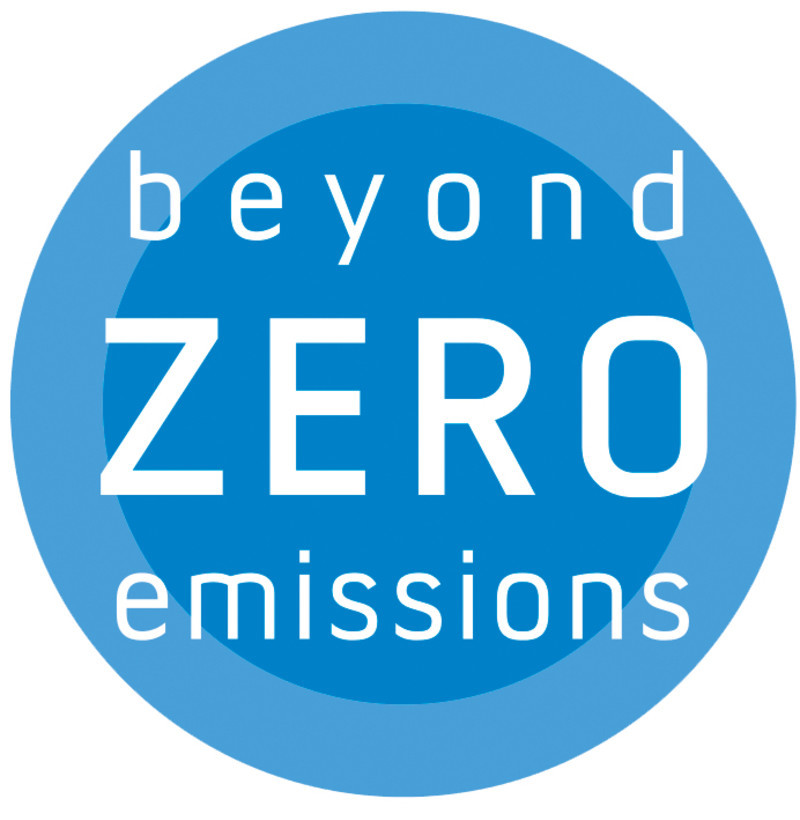Survey finds Australian consumers back proposed solar export rule changes
The proposed changes are designed to tackle the emerging issue of “solar overload’’ during times when there is plentiful solar energy being produced and exported but relatively little energy consumed.

Consumers have strongly backed proposed rule changes being considered by the Australian Energy Market Commission (AEMC) that are designed to enable growth in electricity exports from rooftop solar panels, enabling more Australians to share in the economic and environmental benefits.
The changes would allow consumers with rooftop solar panels to earn more from exporting electricity to the grid at times when solar energy is needed and less at times when there is too much solar energy for the electricity network to effectively manage.
According to research released this week by Energy Consumers Australia, more than two thirds (69%) of Australians feel positively about the proposed reforms with only 6% viewing them negatively. Support is highest amongst households with larger bills (78%) and those considering purchasing solar panels (77%).
Existing solar customers were also supportive, with 68% of those who already have rooftop solar greeting the proposed changes positively, 11% regarding them negatively and 21% ambivalent.
“Opposition to these changes has been loud but we wanted to know how widespread and deeply felt it really was among the Australian community,” Energy Consumers Australia Chief Executive Officer Lynne Gallagher said.
“That’s why we commissioned this research. We wanted this important debate to be shaped by clear and credible evidence about what consumers really want and think.”
Around three million Australian households and businesses are expected to install rooftop solar panels in the coming decade. The proposed changes are designed to tackle the emerging issue of “solar overload’’ during times when there is plentiful solar energy being produced and exported but relatively little energy consumed. This combination can threaten grid stability and has led to solar customers being temporarily cut off from exporting, a practice that is likely to increase if no action is taken and as more solar customers join the system.
The changes, put forward by the Australian Council of Social Services (ACOSS), Total Environment Centre and St Vincent De Paul Society, have faced vocal criticism from some quarters and have been dubbed a “solar tax” by some critics. Under the proposal, consumers will not be charged to export, but could earn less money for exporting electricity at times when it is not needed and more if they are able to shift their exporting later in the day.
According to the research, existing solar customers were most concerned about earning less money for exporting electricity at times when the network is already overloaded. For these customers, 29% were negative about this aspect of the changes, while 48% were positive, and 33% were ambivalent.
Reflecting the importance of clear information, respondents who knew a lot or a moderate amount about solar feed-in tariffs were more likely to feel positively about the proposed changes (83%) compared to those who did not have much knowledge (66%).
“We also tested an option put forward by ACOSS and the TEC, that consumers could opt out of the proposed new pricing arrangement in exchange for having a fixed cap on their exports, with the majority of consumers (57%) positive about this option,” Ms Gallagher said. “We’d suggest this option should be seriously considered by AEMC as it contemplates a final decision.”
The study, carried out by research firm Newgate, involved 8 focus groups with existing solar customers and those considering solar in New South Wales, Victoria, Queensland and South Australia as well as an online survey taken by more than 2000 respondents. Of the participants in the survey 1,200 were a representative national sample which was supplemented by an additional 800 participants with solar.
About Energy Consumers Australia
Energy Consumers Australia is the independent, national voice for residential and small business energy consumers. We enable residential and small business energy consumers to have their voices heard by the sector by working with other consumer groups to gather evidence-based research with a national perspective, distil it to key viewpoints, and feed it back to the market to influence outcomes.













